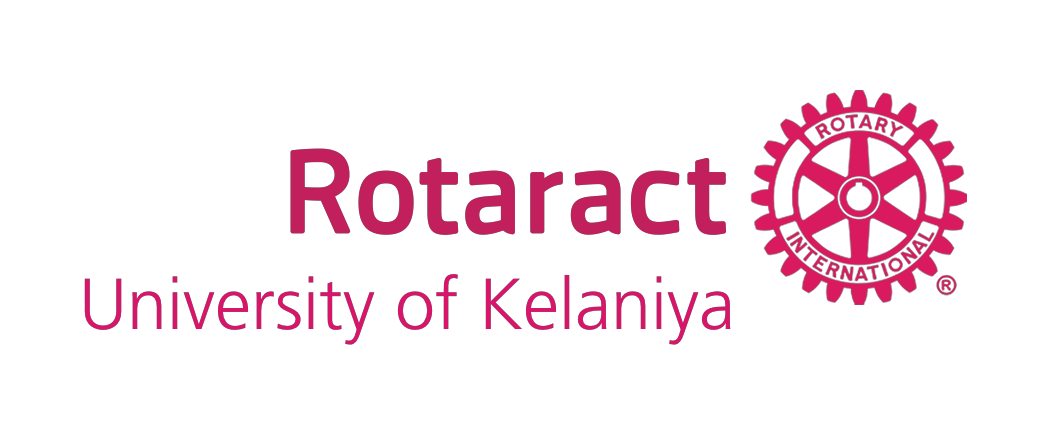The Colombo Stock Exchange (CSE), is a company limited by guarantee which was established when British planters were required to finance their tea plantations in Sri Lanka. This was first registered in 1985 under the Companies Act No. 17 of 1982 as “Colombo Securities Exchange (GTE) Limited” by acquiring the operations of the Colombo Stock Brokers Association. Later it was retitled as “Colombo Stock Exchange” in 1990.
This is a mutual exchange consisting of 15 full members and 15 trading members who are licensed by the Securities and Exchange Commission (SEC) in order to operate as Stockbrokers and to trade in both equity and debt securities, while 3 members are licensed to trade in debt securities only.
CSE consists of two fully owned subsidiaries to conduct its operations. Central Depository Systems (Private) Limited, (CDS) and CSE Clear (Private) Limited.
The main function of CSE is to provide a transparent and regulated environment for investors and companies together with the help of its fully owned subsidiaries. CDS provides depository services for securities traded in CSE and holds them on behalf of the respective shareholders. CSE Clear provides clearing and settlement services. Moreover, CSE engages with inspecting compliance through a set of rules, promoting standards of corporate governance amongst the listed companies and educating the investors and the general public about the stock market and its trends with the use of indices.
In the earlier stages of CSE, the trading occurred according to an Open Outcry System which was entirely a physical and interactive trading platform. In this system, the investors place bids verbally or via gestures, future exchanges in a trading pit where the brokers shout and communicate the relevant stock details. The trading pits are physical sections of trading floors. The trading in the Open Outcry system generally takes place around 8 hours. The annual reports, share trading details etc. were also distributed among the investors physically.
Later on, with the evolution of technology, the SEC-CSE Joint Committee was the main institution to initiate driving Sri Lankan capital markets towards Digitalization in order to make it possible for every citizen to access the Capital Market from anywhere using any applicable device. This process of Digitalization consists of three phases according to the following table.





